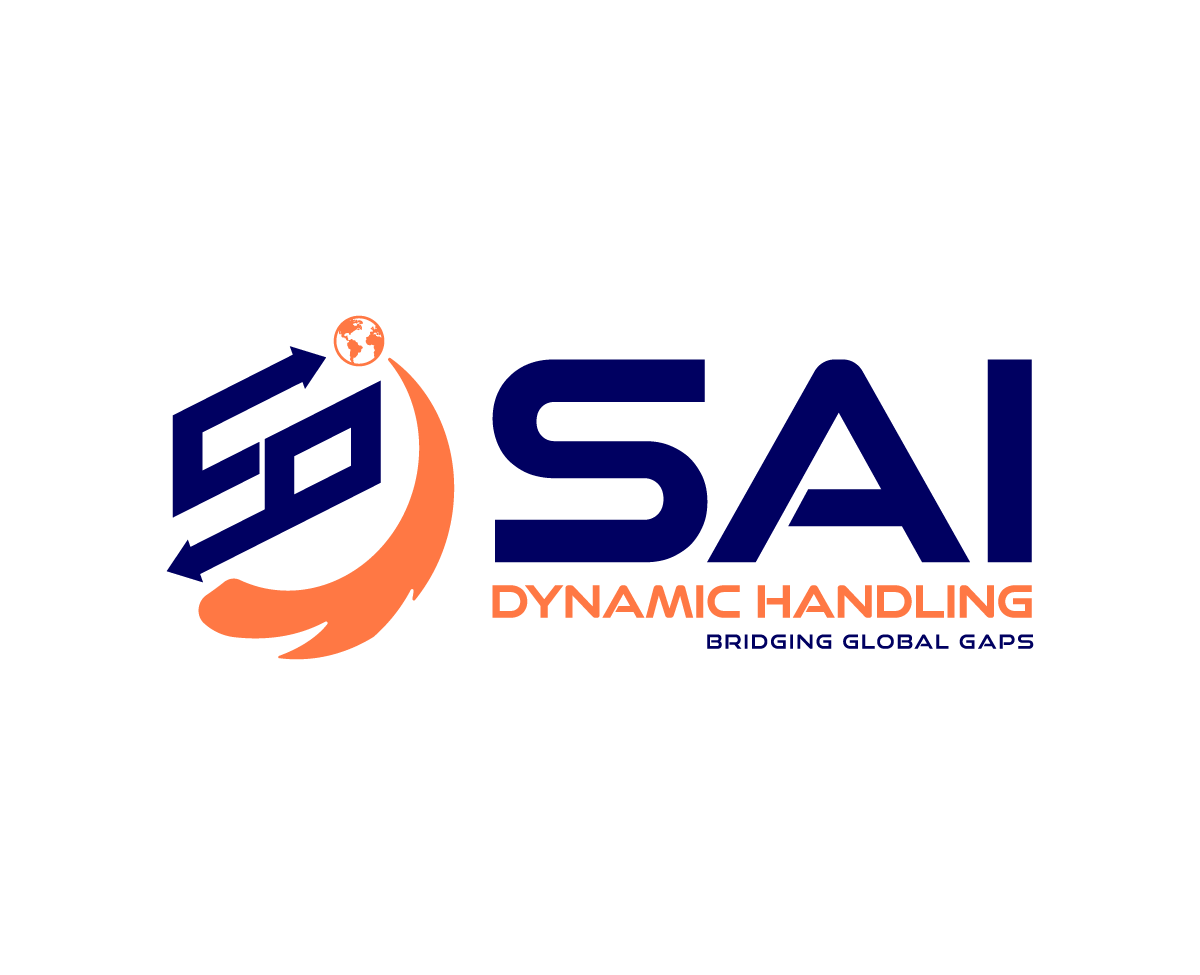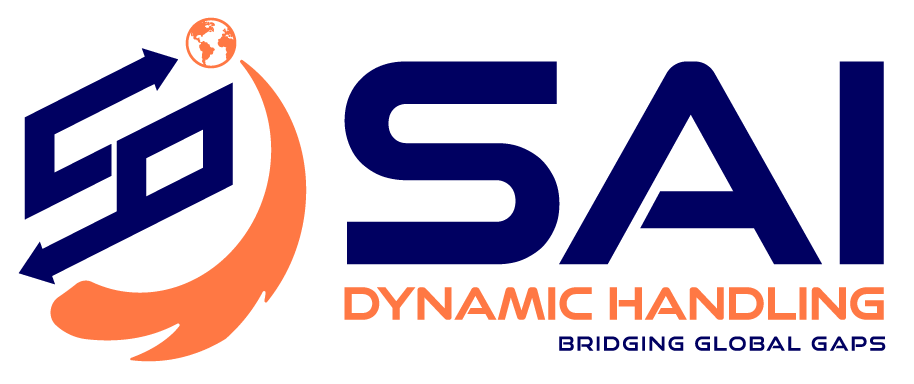Category: Construction Industry
Sodium Sulphate
A versatile additive enhancing setting control, durability, and performance in construction materials, widely applied across various industrial sectors.
Overview
Sodium Sulphate is an essential inorganic compound used across multiple industries for its diverse functionality.
It is widely utilised as a filler in powdered detergents, a drying agent in glass manufacturing, and a levelling agent in textile dyeing processes. In the construction industry, Sodium Sulphate serves as a set retarder for gypsum-based products and as a cement additive.
| CAS Number | 7757-82-6 |
| Chemical Formula | Na₂SO₄ |
| Concentrations | Setting time regulation in gypsum-based products: 0.5% - 2%; Improve the durability of cement mixtures: 0.2% - 1% by weight of cement |
| Quantities |
Industrial Applications
Construction Industry
- Set Retarder: To regulate setting time and improve workability in gypsum-based products like drywall and plasterboard.
- Cement Additive: To enhance the performance of certain cement mixtures, improving durability.
Detergent Industry
- Filler: To bulk up the product while reducing the concentration of active cleaning agents.
Textile Industry
- Levelling Agent: To ensure even dye uptake and prevent blotches or uneven colour on fabrics.
- Filler: To maintain the consistency of chemical formulations used in fabric treatment.
Glass Manufacturing
- Drying Agent: To remove water and air bubbles from molten glass
Paper and Pulp Industry
- Dispersant: To aid in the recovery of sodium hydroxide and improve the dispersion of pulp fibres in the Kraft process.
Water Treatment Industry
- Water Softener: To remove calcium and magnesium ions from water, making the water softer.
Mining Industry
- Dust Suppressant: To reduce airborne dust and improve air quality in mining environments.
Oil and Gas Industry
- Corrosion Inhibitor: To prevent the corrosion of drilling equipment in high-salinity environments.
Leather Tanning Industry
- Dispersing Agent: To distribute tanning chemicals evenly, improving the quality and consistency of leather products.



